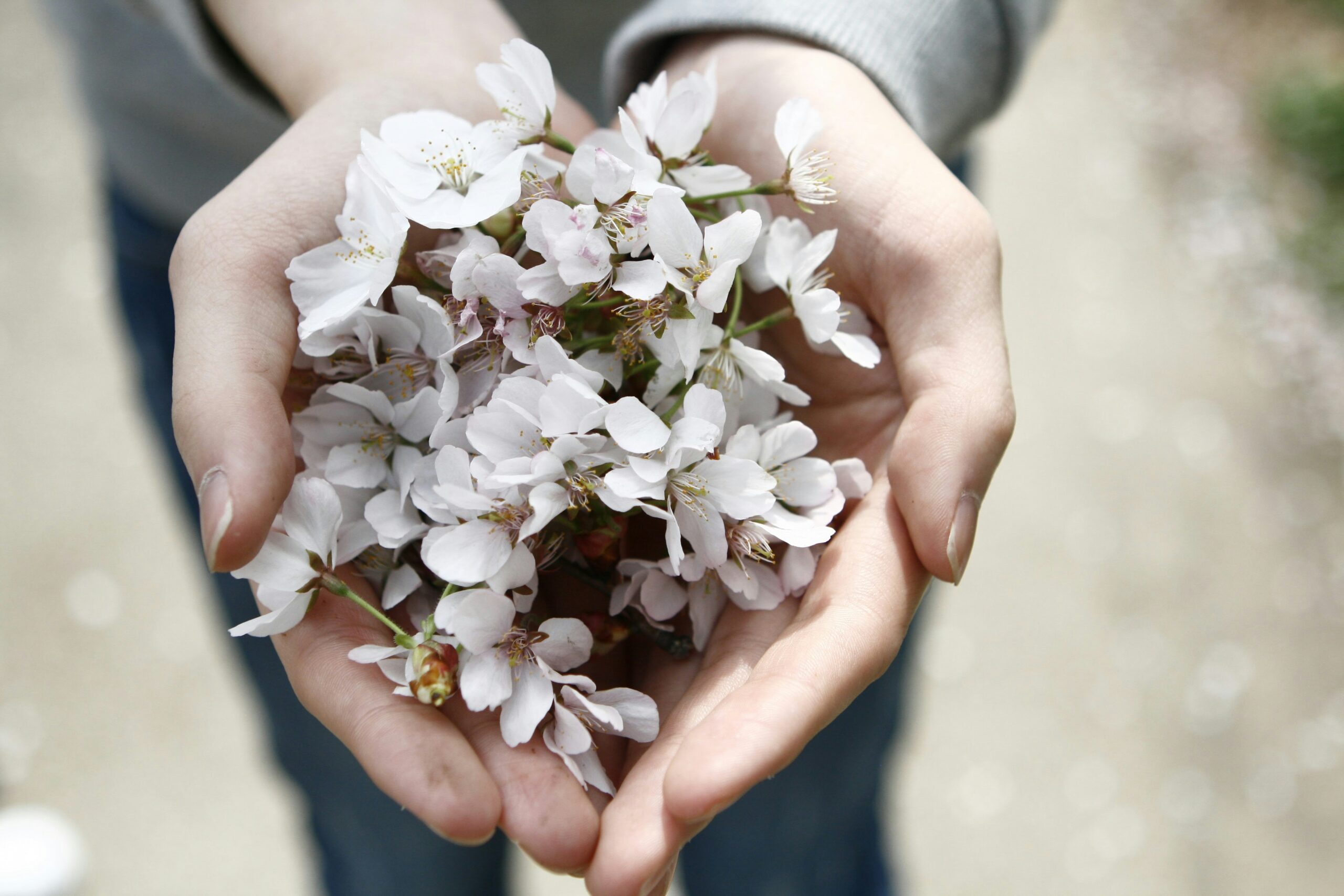Donating to a non-profit is a powerful way to make a difference, but with so many organizations out there, how do you choose the right one? Whether you’re motivated by personal passion, a specific cause, or simply a desire to help, selecting a trustworthy non-profit is key to ensuring your donation has the greatest impact. Here are a few tips to guide your decision: 1. Align with Your Values Think about what causes matter most to you. Are you passionate about environmental issues, animal welfare, education, healthcare, or social justice? Start by focusing on organizations that align with your values…
Posts


Grief isn’t only felt when someone we love passes away. We experience grief when we lose a job, face a crisis of identity, or learn that the future we envisioned for our child is forever changed. Grief is complicated—it’s sadness, anger, fear, regret, and confusion, all rolled into one. Each person experiences grief differently, making it even harder to connect when we desperately need to. When one person is stuck in sorrow and another in nostalgia, there’s a disconnect. We ask ourselves, “Why aren’t you sad?” or say, “Just remember the good times.” We crave companionship to ease the burden…

B Brave Strives to provide meaningful support in a variety of avenues, and state assistance programs play a vital role in supporting individuals and families facing economic or health-related challenges. In Ohio, one such program is the Community Mental Health (CMH) Program, which provides crucial services to residents dealing with mental health issues. If you or someone you know is struggling, Ohio’s CMH can be a lifeline to accessing the care and support needed to improve well-being. What is Ohio’s CMH Program? Ohio’s Community Mental Health (CMH) program is designed to offer mental health services to individuals in need, regardless…

When emotions become overwhelming, our instincts often tell us to retreat, avoid, or lash out. But what if the path to emotional wellness lies in doing the opposite of what we feel compelled to do? That’s the essence of “opposite action,” a powerful skill rooted in Dialectical Behavior Therapy (DBT). Grounded in both psychological practice and neuroscience, opposite action offers a practical way to regulate emotions, improve relationships, and support others through difficult experiences. Opposite action is a skill developed within DBT, a therapeutic approach created by Dr. Marsha Linehan to help people with intense emotional sensitivity and dysregulation. DBT blends cognitive-behavioral techniques…

Grief is not a season with a clear beginning or end. It doesn’t follow a timeline or respond to logic. It’s not something to get over, move through, or check off. It becomes part of you—reshaping the way you move through the world. For families like ours, and so many in the B Brave community, grief is woven into the fabric of daily life. It’s there in the big moments—birthdays, holidays, milestones—and in the quiet ones too, like a glance at the clock that reminds you of feeding schedules that no longer exist, or the sound of laughter that echoes…

Mindfulness traces its origins back to Eastern philosophy, particularly within the traditions of Buddhism, Hinduism, and Taoism. These ancient practices were designed to cultivate a deep awareness of the present moment and to foster an inner balance between the mind and body. In Buddhist teachings, for instance, mindfulness (or sati) is a critical component of the Noble Eightfold Path, guiding practitioners toward enlightenment through disciplined awareness, ethical living, and meditative practices. This rich historical background has not only shaped the way mindfulness is practiced today but has also influenced modern therapeutic approaches. Meditation is often the first practice that comes…

Radical acceptance is a powerful way to cope with life’s toughest moments. It means fully acknowledging reality without fighting it, judging it, or wishing it away. This idea comes from Eastern philosophy, particularly Buddhism, which teaches that much of our suffering comes from resisting what already is. Instead of wasting energy fighting reality, radical acceptance helps us move forward. Dr. Marsha Linehan, the creator of Dialectical Behavior Therapy (DBT), incorporated this idea into her work. She found that many of her patients struggled with painful realities they were unable to change. Traditional therapies before DBT often focused on changing aspects…

Rare Disease Day is a poignant time to think of all those facing rare diseases, particularly little-known and often under-researched conditions like rare fatal neurological disorders. These diseases, occurring as rarely as one in 100,000-300,000 births, are a big challenge because of their devastating impacts but coupled with a scarcity of resources and support systems for them. The B Brave Foundation fills that painful void for many children and families. Rare diseases can be profoundly isolating. Despite hundreds of millions facing a rare disease of some kind worldwide, most have no cure and lack sufficient medical research funding, leaving patients…

In our fast-paced world, pausing to express gratitude can often be overlooked. Yet, taking the time to acknowledge the efforts of those around us is crucial, especially when it comes to the unsung heroes who dedicate their lives to the care of children with rare incurable disorders. These caregivers embody resilience, compassion, and unconditional love, providing an invaluable lifeline to both the children and their families. Despite their steadfast dedication, these caregivers often go unrecognized, their tireless efforts fading into the background of everyday life. Caregiving for a child with a rare disorder is not just a responsibility; it is…

The holiday season is a time for giving, but when a child is terminally ill, traditional gifts may not feel appropriate or meaningful. Finding the right gift can be challenging as families are often focused on comfort, connection, and the time they have together. Gifts that bring joy, create memories, or provide comfort can be incredibly special. Here are some thoughtful and compassionate gift ideas for terminally ill children and their families during the holiday season. 1. Gifts of Time and Support Often, the most valuable gift you can give is your time, care, and support. 2. Memory-Making Gifts Creating lasting memories…